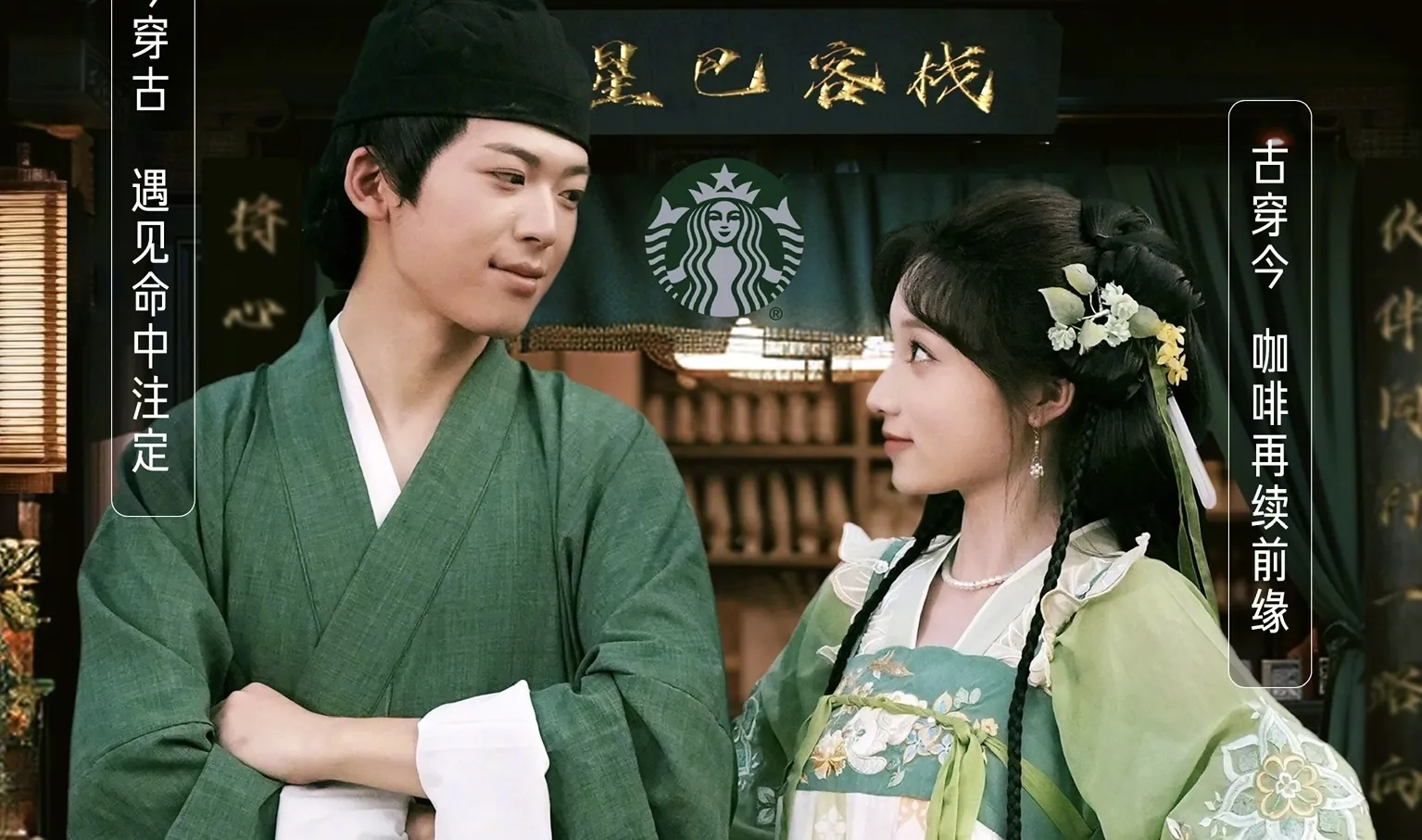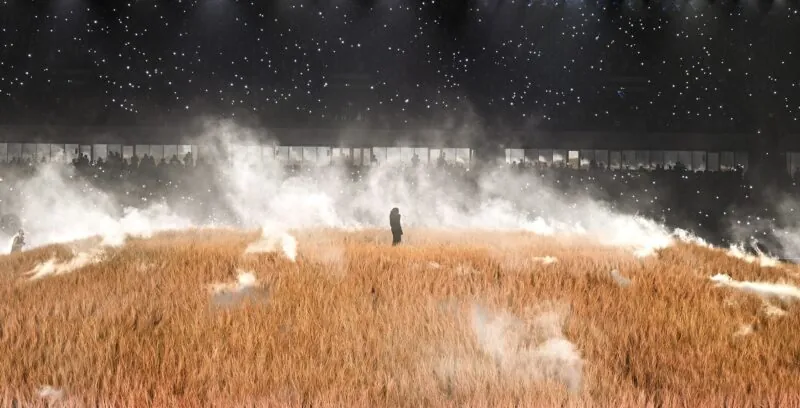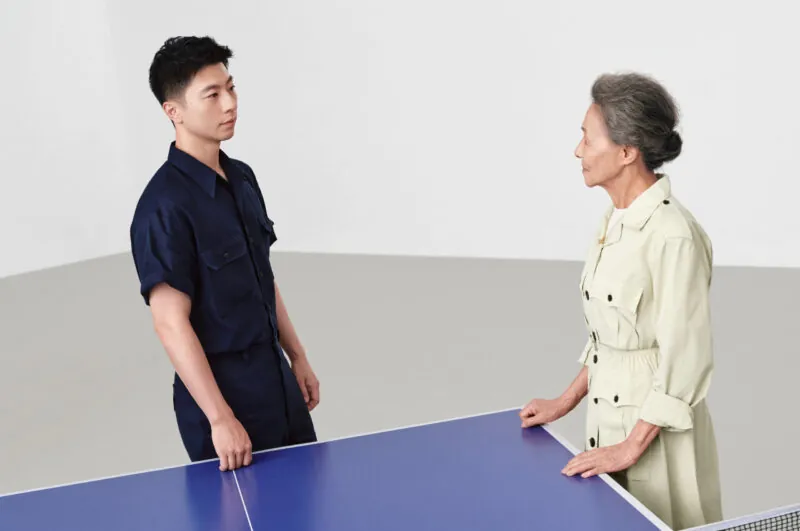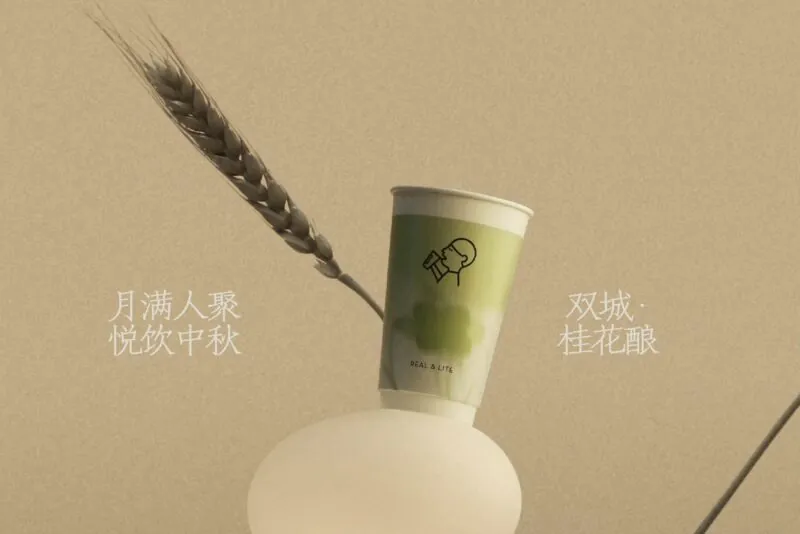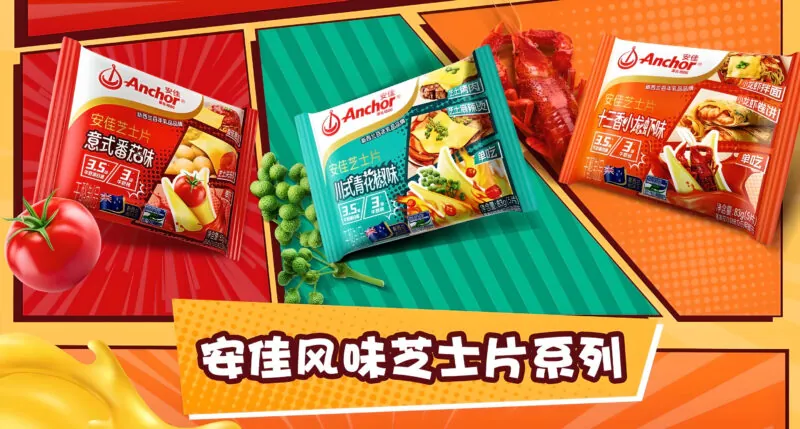After McDonald’s and KFC, microdrama marketing continues to attract international food and beverage brands. On 19 September, global coffee giant Starbucks announced the release of its first-ever microdrama series: I Opened a Starbucks in Ancient Times (我在古代开星巴克).
The series adopts one of the most popular premises of microdrama: time travel back to ancient times. “古代” (gu dai, lit. ancient times) is a general catch-all term for medieval, or imperial China, so they didn’t have to specify the period or dynasty to risk historical inaccuracies.
The Starbucks series sees a Starbucks Partner, Starbucks lingo for an employee, accidentally time travel to an unspecified ancient period and opens his own coffee shop, called “Starbucks Inn” (星巴客栈) because his only possessions are two bags of coffee beans. He then finds his own partners and builds his empire before becoming the richest man in the fictional country he is in while a princess falls in love with him. If you want to know what happens next, search the title in Douyin to find out, it will stream later episodes between 19 and 23 of this month, then between 23 and 25.
Although the series probably won’t cover if the protagonist triggers the bootstrap paradox and whether Bowker, Baldwin and Siegl were aware of the Starbucks Inn when they founded the future chain in 1971, it is still intriguing to find out whether he travels back to the current time and what happens if he does.
In our reality, Starbucks launched the same “opening” offer the protagonist launched in the series, buy one get one free on Frappuccinos. Starbucks has been aggressively localising in recent years. From intangible cultural heritage collaborations to the recent entry into the milk tea market, the brand is assimilating into the Chinese market quickly. However, with other international and local competitors from McCafé and Tim Hortons to Luckin Coffee, it might not be a simple task to do so.




